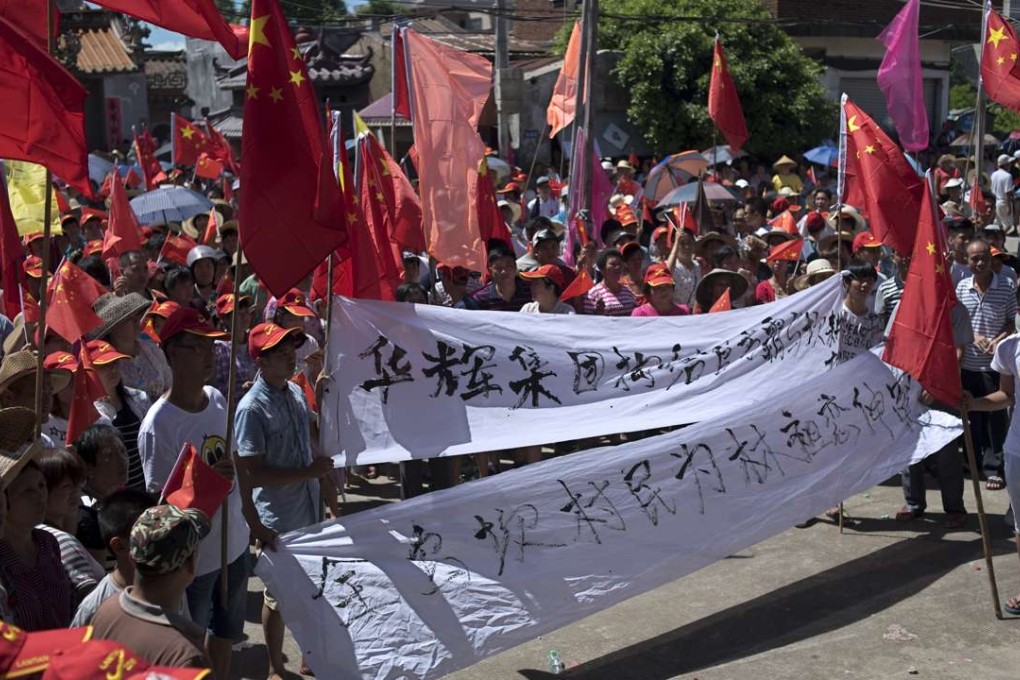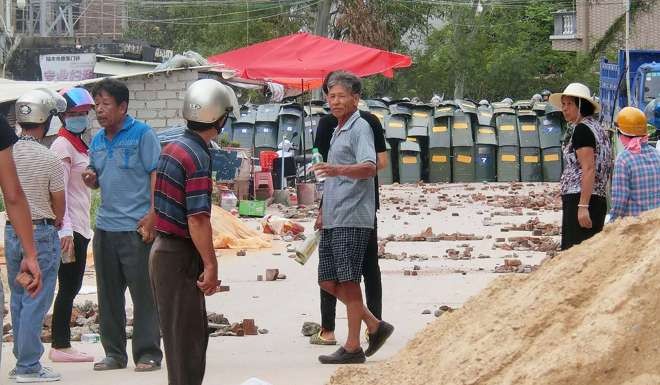Advertisement
Dream has been killed in China’s democracy village
Apparent victory of villagers in Wukan in 2012 has since given way to systematic repression by authorities in Guangdong
Reading Time:2 minutes
Why you can trust SCMP

Five years ago, Wukan went from a remote fishing village to an inspirational model for grass-roots democracy, but that hope has since withered in the face of iron-fisted repression.
Watch: Five years on, Wukan in turmoil again
Advertisement
Analysts said the latest development in the saga, which saw nine Wukan protestors sentenced to up to 10 years in prison each, has marked the end for the village as a symbol of hope.
“I’ve never seen anyone being sentenced to 10 years just for illegal gathering or protesting. This is the most severe sentence I have heard in my entire legal career,” said veteran Guangzhou-based lawyer Sui Muqing.
Advertisement

Advertisement
Select Voice
Choose your listening speed
Get through articles 2x faster
1.25x
250 WPM
Slow
Average
Fast
1.25x